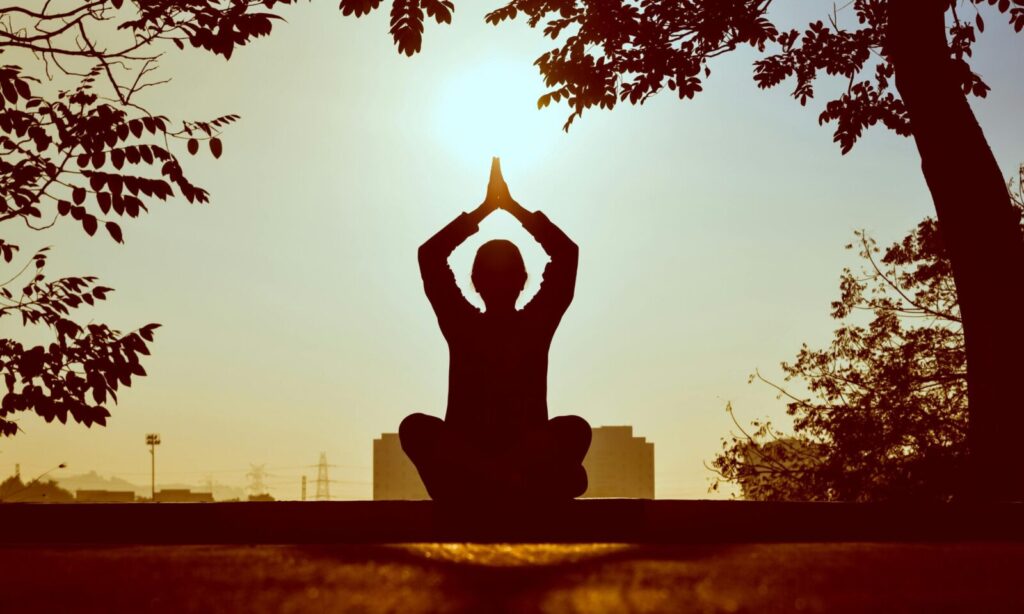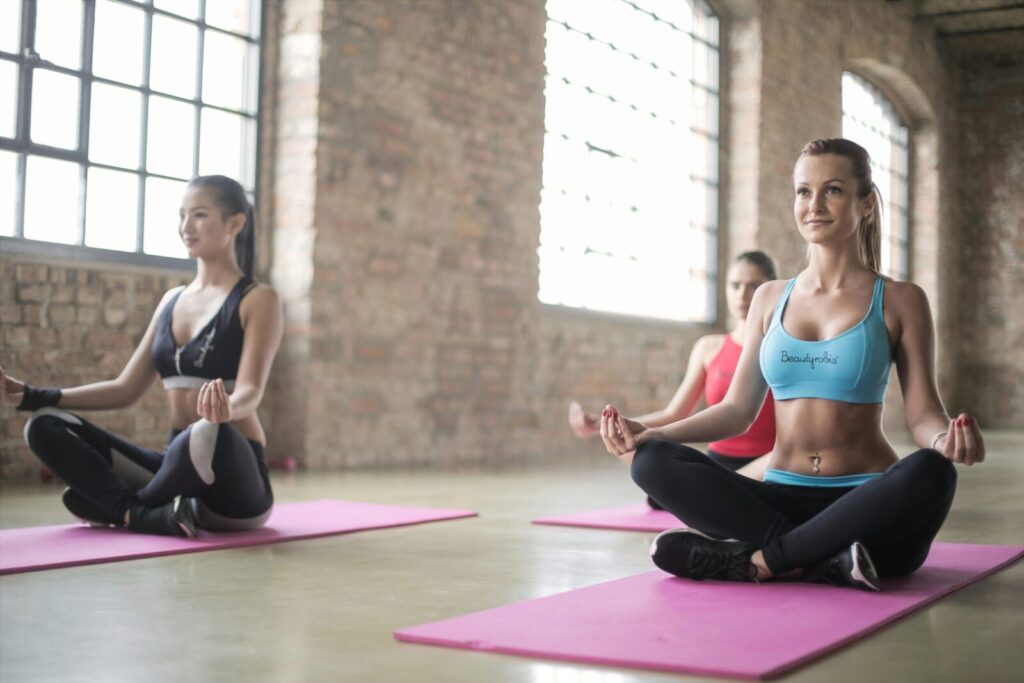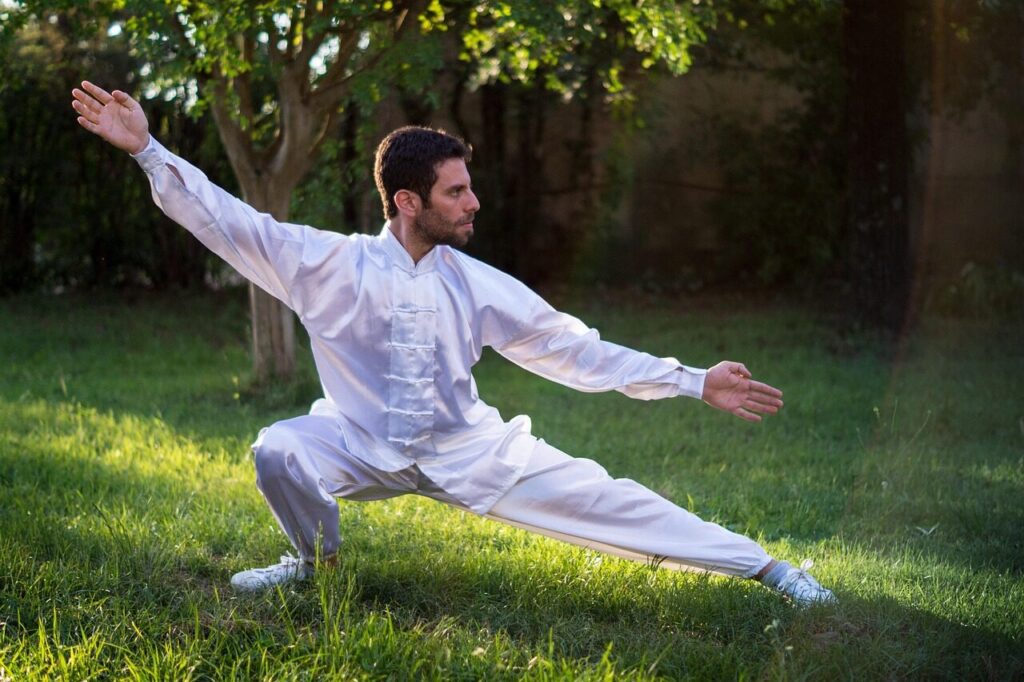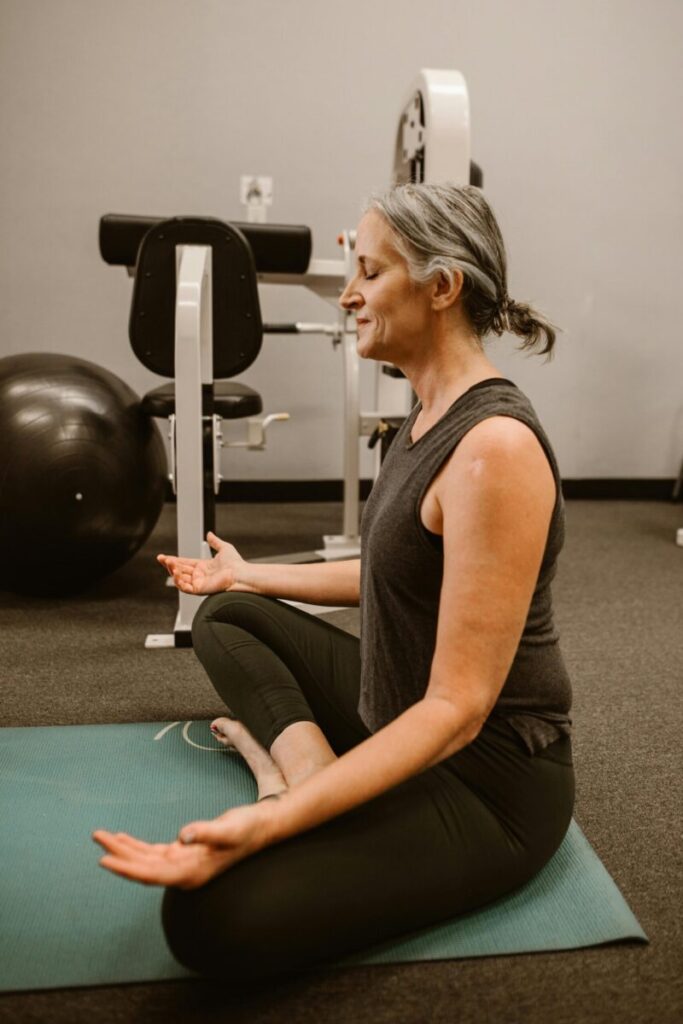Retirement communities across the United States are increasingly focusing on wellness and mental clarity for their residents. Mindful practices have become an essential part of daily life, supporting emotional balance, cognitive function, and overall quality of life. These activities range from physical exercises to meditative techniques that encourage relaxation and awareness. By incorporating structured routines, retirees can maintain independence, reduce stress, and cultivate a sense of purpose. Many communities also encourage social engagement through group sessions, allowing residents to benefit from shared experiences while nurturing mindfulness in a supportive environment.
1. Guided Meditation Sessions

Guided meditation sessions are commonly offered in retirement communities to promote relaxation and mental clarity. Residents follow an instructor or audio guide to focus their attention on breathing, bodily sensations, or visualizations. This practice helps reduce stress, ease anxiety, and improve sleep quality. Many communities schedule these sessions multiple times a week, allowing residents to develop consistency in their mindfulness practice. Group meditations also provide opportunities for social interaction and community bonding. Over time, residents often report enhanced emotional resilience and a calmer state of mind, which contributes to their overall health and well-being.
2. Yoga and Stretching Classes

Yoga and stretching classes are popular for retirees seeking both physical and mental benefits. These sessions focus on flexibility, balance, and gentle strength training while integrating mindful breathing techniques. Participants learn to listen to their bodies, improving posture and reducing the risk of injury. Instructors emphasize the connection between movement and awareness, helping residents feel present in each exercise. Many retirement communities offer a range of classes from beginner-friendly sessions to more advanced practices. Regular participation in yoga enhances relaxation, reduces tension, and supports cardiovascular and musculoskeletal health, making it an ideal mindful practice for seniors.
3. Tai Chi and Qigong Practice

Tai Chi and Qigong are ancient practices combining slow, deliberate movements with deep breathing and mental focus. These exercises are gentle on the joints, making them accessible to older adults while improving balance, coordination, and flexibility. Retirement communities often schedule group sessions where residents can follow a trained instructor and practice together. These practices are particularly effective in reducing stress, enhancing mindfulness, and promoting mental clarity. Residents benefit from the meditative aspect of these exercises, which encourages present-moment awareness and emotional stability. Many also enjoy the social interaction and sense of accomplishment gained from learning new routines.
4. Journaling and Reflection Workshops

Journaling and reflection workshops provide residents with an opportunity to process thoughts and emotions in a mindful way. Participants are guided to write about daily experiences, personal goals, or gratitude reflections. This practice encourages self-awareness, emotional expression, and mental organization. Many retirement communities pair journaling with quiet reflection periods or guided prompts to deepen mindfulness. Residents often find it helps reduce stress, improve focus, and foster a positive outlook. Group discussions following journaling sessions can further strengthen connections among peers. Over time, this practice becomes a meaningful ritual that supports emotional well-being and personal growth.
5. Nature Walks and Outdoor Activities

Spending time outdoors is a simple but effective way to enhance mindfulness. Nature walks and outdoor activities allow residents to engage their senses, notice natural beauty, and enjoy gentle exercise. Retirement communities often design walking trails, gardens, and outdoor seating areas to encourage daily participation. Walking in nature promotes mental clarity, reduces stress, and boosts mood. It also provides opportunities for social interaction, allowing residents to share observations and experiences with peers. The combination of movement, fresh air, and mindful attention to surroundings creates a restorative experience that supports both physical health and emotional balance.
6. Art and Creative Expression Classes

Art and creative expression classes are popular for fostering mindfulness and relaxation. Residents can participate in painting, drawing, sculpture, or other artistic activities while focusing on the process rather than the final product. These classes encourage present-moment awareness and reduce stress by providing a form of meditative engagement. Retirement communities often host group sessions where residents can collaborate or share their work, enhancing social connection. Creative activities also support cognitive function by stimulating the brain and encouraging problem-solving. Participants often report a sense of accomplishment, joy, and calm after each session, making art a highly valued mindful practice.
7. Mindful Cooking and Nutrition Workshops

Mindful cooking and nutrition workshops combine practical life skills with mindfulness techniques. Residents learn to prepare meals with attention to detail, focusing on each ingredient, texture, and flavor. These sessions promote healthy eating, sensory awareness, and intentional living. Retirement communities often incorporate discussions about nutrition, balanced diets, and portion control to enhance wellness. By engaging all senses during cooking, residents cultivate present-moment awareness and reduce rushed or distracted eating habits. The social component of cooking together also encourages connection and collaboration. Over time, these workshops support both physical health and mindful living, improving residents’ overall quality of life.
8. Mindfulness and Breathing Exercises

Mindfulness and breathing exercises are foundational practices for reducing stress and enhancing focus. Residents are guided to pay attention to their breath, bodily sensations, and mental state without judgment. These exercises can be brief yet highly effective, making them easy to integrate into daily routines. Retirement communities often offer structured sessions or quiet spaces for independent practice. Consistent participation supports relaxation, emotional regulation, and mental clarity. Breathing exercises are particularly useful for managing anxiety, improving sleep, and maintaining calm in challenging situations. This practice reinforces the principles of mindfulness, helping residents stay grounded and present throughout their day.
Comments